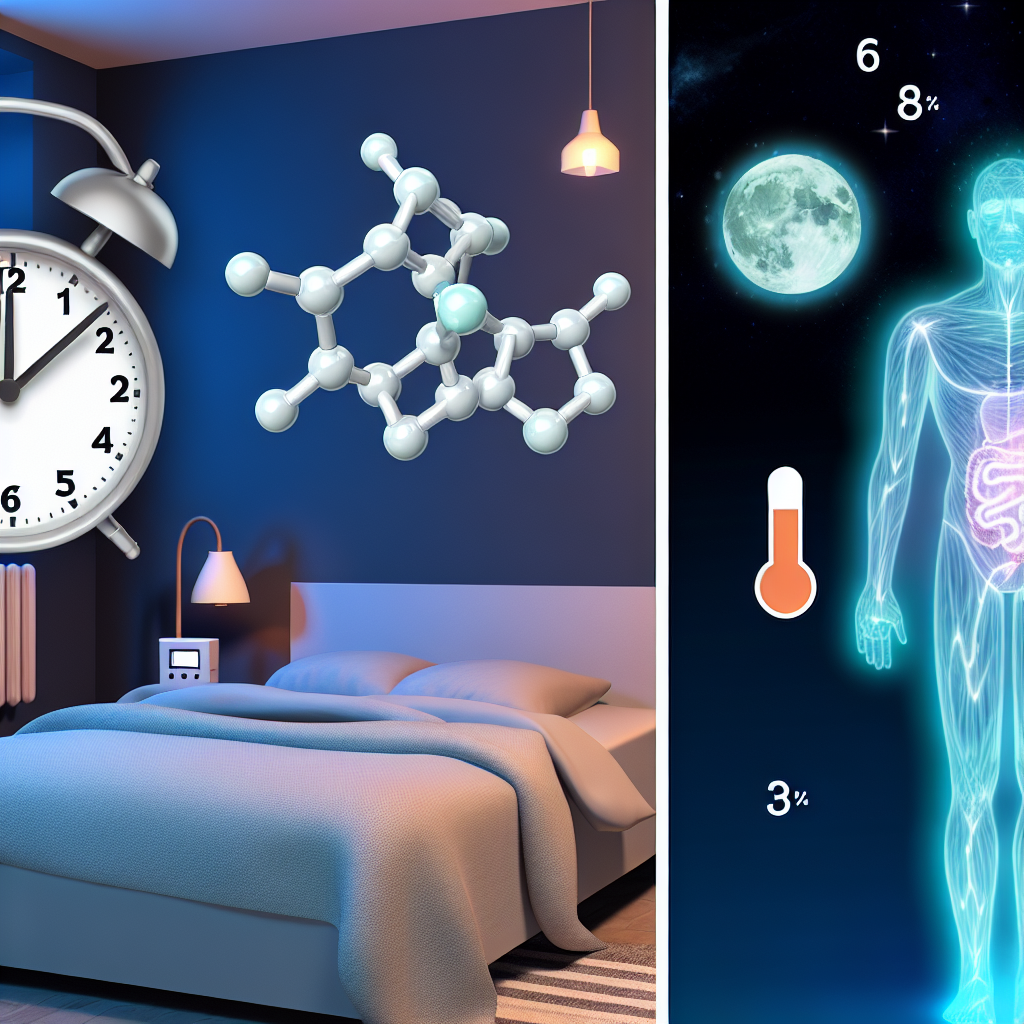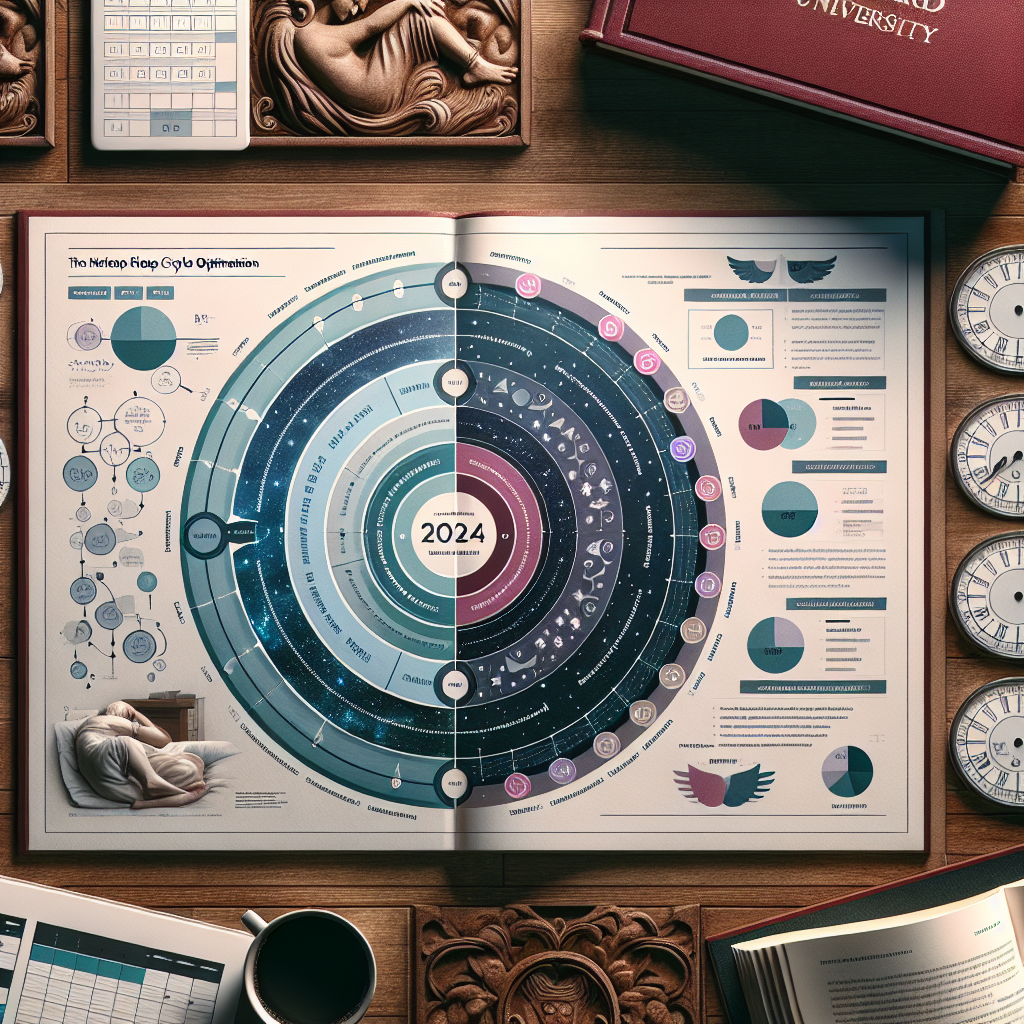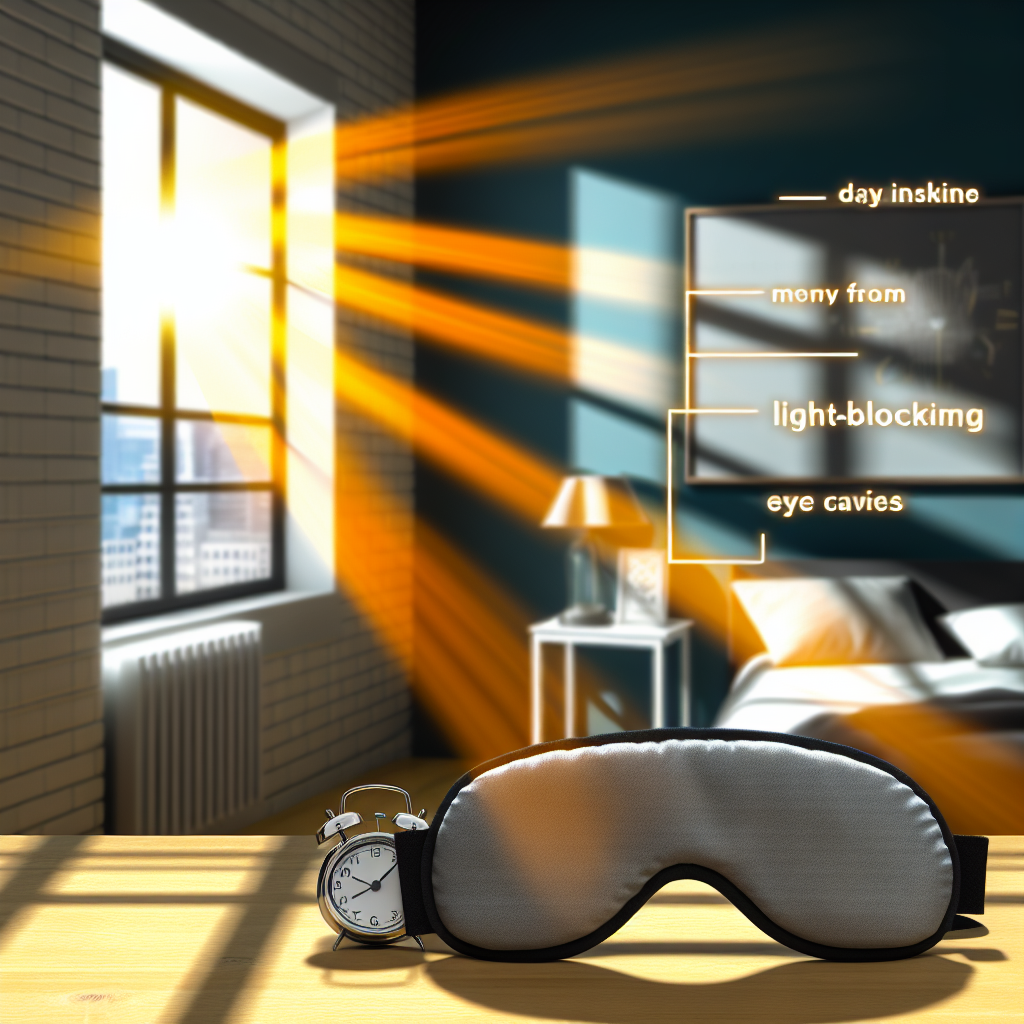When it comes to type 2 diabetes, there is a significant correlation between erratic sleeping patterns and the condition.
How Sleep Disturbances Affect People Who Have Type 2 Diabetes:
An increased risk of getting type 2 diabetes has been demonstrated by several studies, which have demonstrated a direct connection between erratic sleep patterns and an increased risk of developing type 2 diabetes.
This link is related to disrupting the body’s normal circadian rhythms, which play an important role in regulating various physiological processes, including glucose metabolism.
Individuals with inconsistent sleep habits, such as frequent sleep deprivation, irregular bedtimes, and unpredictable wake-up hours, are more likely to experience hormone imbalances and metabolic malfunction.
These disturbances can make it more difficult for the body to adequately manage blood sugar levels, which can result in insulin resistance and an increased likelihood of developing type 2 diabetes.
In addition, evidence suggests that poor sleep quality, which includes experiences such as waking up frequently during the night or having trouble falling asleep, can potentially play a role in the development of type 2 diabetes.
Lack of restorative, high-quality sleep can severely impact the body’s ability to handle and utilize glucose, resulting in elevated glucose levels in the blood and an increased likelihood of developing the related condition.
Individuals can help minimize their risk of acquiring type 2 diabetes by ensuring sufficient, high-quality sleep and keeping normal sleep habits.
There is a correlation between not getting enough sleep and gaining weight.
Healthcare practitioners frequently advocate adopting a regular sleep schedule, practicing excellent sleep hygiene, and addressing any underlying sleep disturbances to promote better general health and reduce the likelihood of developing chronic illnesses such as type 2 diabetes.
Those who have already been diagnosed with type 2 diabetes may find that inconsistent sleep patterns make it more difficult to control their blood sugar levels.
Hormone disruption: Sleep disturbances can disrupt hormones such as insulin and cortisol, essential for regulating blood sugar levels.
There is a correlation between not getting enough sleep and gaining weight. Obesity is a key risk factor for type 2 diabetes. Lack of sleep is linked to weight growth.
What Effects Does Type 2 Diabetes Have on Sleep?
The need to urinate frequently: High blood sugar can cause an increase in the frequency of urine, which can disrupt sleep.
Pain and discomfort: Nerve damage or other diabetes-related issues can produce pain that prevents a person from sleeping at night.
Apnea during sleep: Individuals who have type 2 diabetes are at a greater risk for sleep apnea, which is a sleep disease that causes breathing to be interrupted during sleep.
It is vital to do the following to treat both type 2 diabetes and sleep problems:
- Ensure that you stick to a regular sleep pattern.
- Develop a regimen that gets you ready for bed.
- Effectively manage the amounts of sugar in the blood.
When you have issues with your sleep, you should think about speaking with a healthcare specialist.

Dominic E. is a passionate filmmaker navigating the exciting intersection of art and science. By day, he delves into the complexities of the human body as a full-time medical writer, meticulously translating intricate medical concepts into accessible and engaging narratives. By night, he explores the boundless realm of cinematic storytelling, crafting narratives that evoke emotion and challenge perspectives.
Film Student and Full-time Medical Writer for ContentVendor.com




